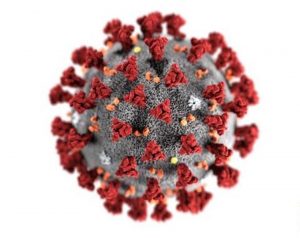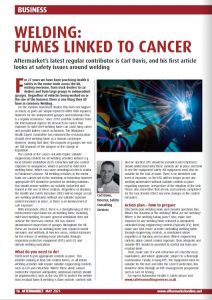
RIDDOR reporting of COVID-19
You must only make a report under RIDDOR (The Reporting of Injuries, Diseases and Dangerous Occurrences Regulations 2013) when:
A) an unintended incident at work has led to someone’s possible or actual exposure to coronavirus. This must be reported as a dangerous occurrence.
B) a worker has been diagnosed as having COVID 19 and there is reasonable evidence that it was caused by exposure at work. This must be reported as a case of disease.
C) a worker dies as a result of occupational exposure to coronavirus.
What to report
Dangerous occurrences
A) RIDDOR regulation 7, Schedule 2 – Section 10
If something happens at work which results in (or could result in) the release or escape of coronavirus you must report this as a dangerous occurrence. An example of a dangerous occurrence would be a lab worker accidentally smashing a glass vial containing coronavirus, leading to people being exposed.
Cases of disease: exposure to a biological agent
B) RIDDOR regulation 9 (b)
If there is reasonable evidence that someone diagnosed with COVID-19 was likely exposed because of their work you must report this as an exposure to a biological agent using the case of disease report. An example of a work-related exposure to coronavirus would be a health care professional who is diagnosed with COVID-19 after treating patients with COVID-19.
Work related fatalities
C) RIDDOR regulation 6 (2)
If someone dies as a result of a work-related exposure to coronavirus and this is confirmed as the likely cause of death by a registered medical practitioner, then you must report this as a death due to exposure to a biological agent using the ‘case of disease’ report form. You must report workplace fatalities to HSE by the quickest practicable means without delay and send a report of that fatality within 10 days of the incident.



